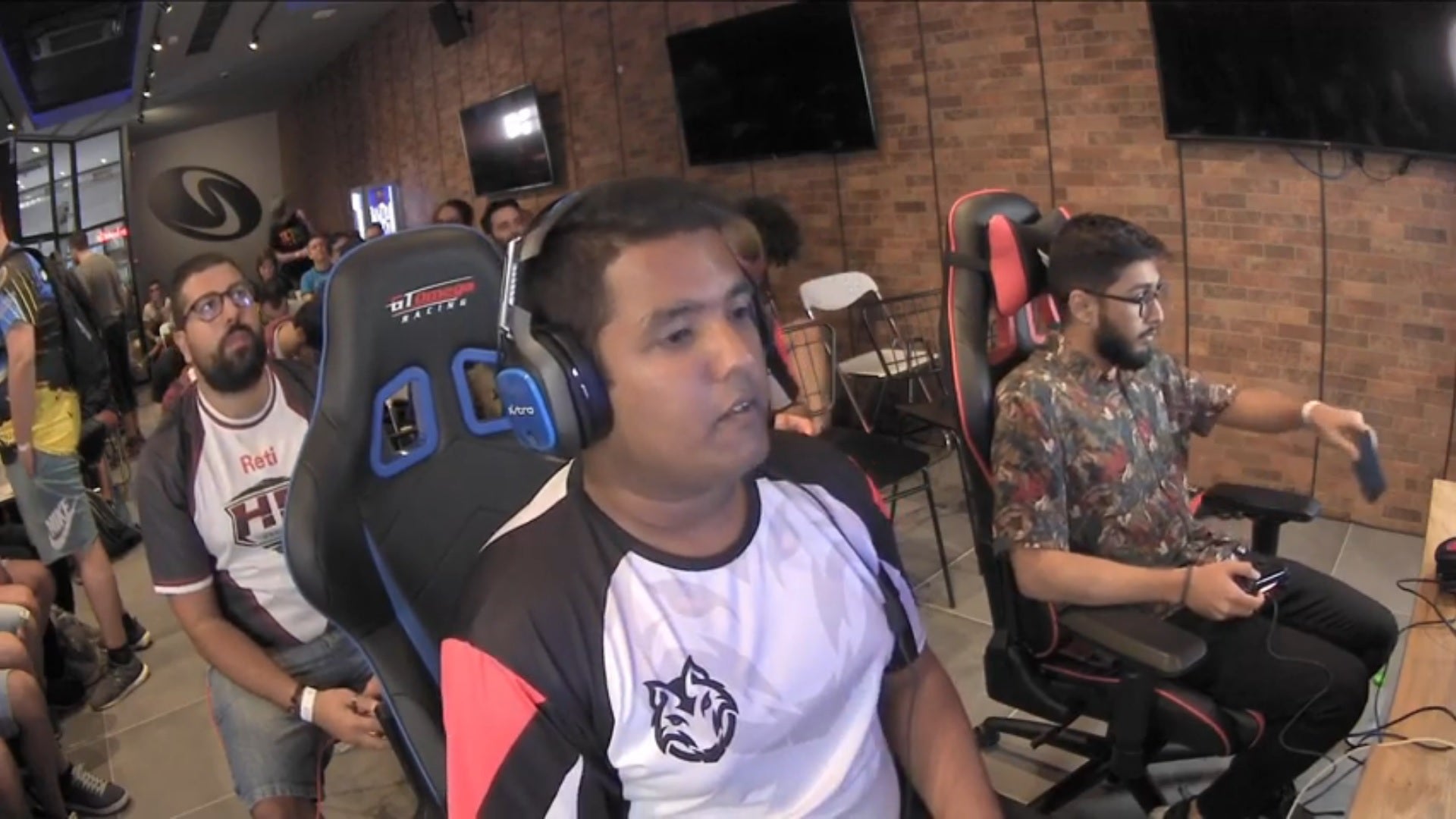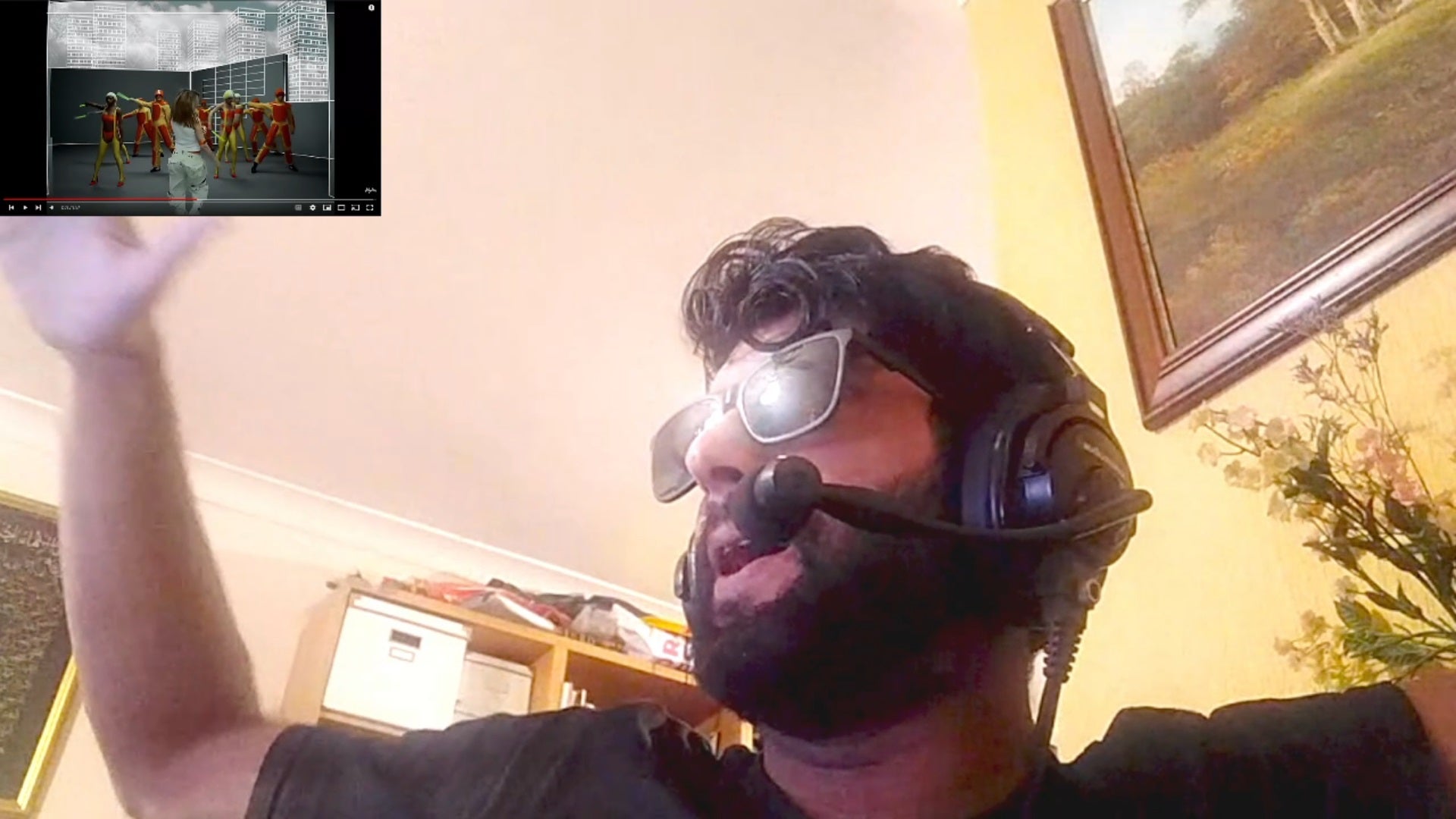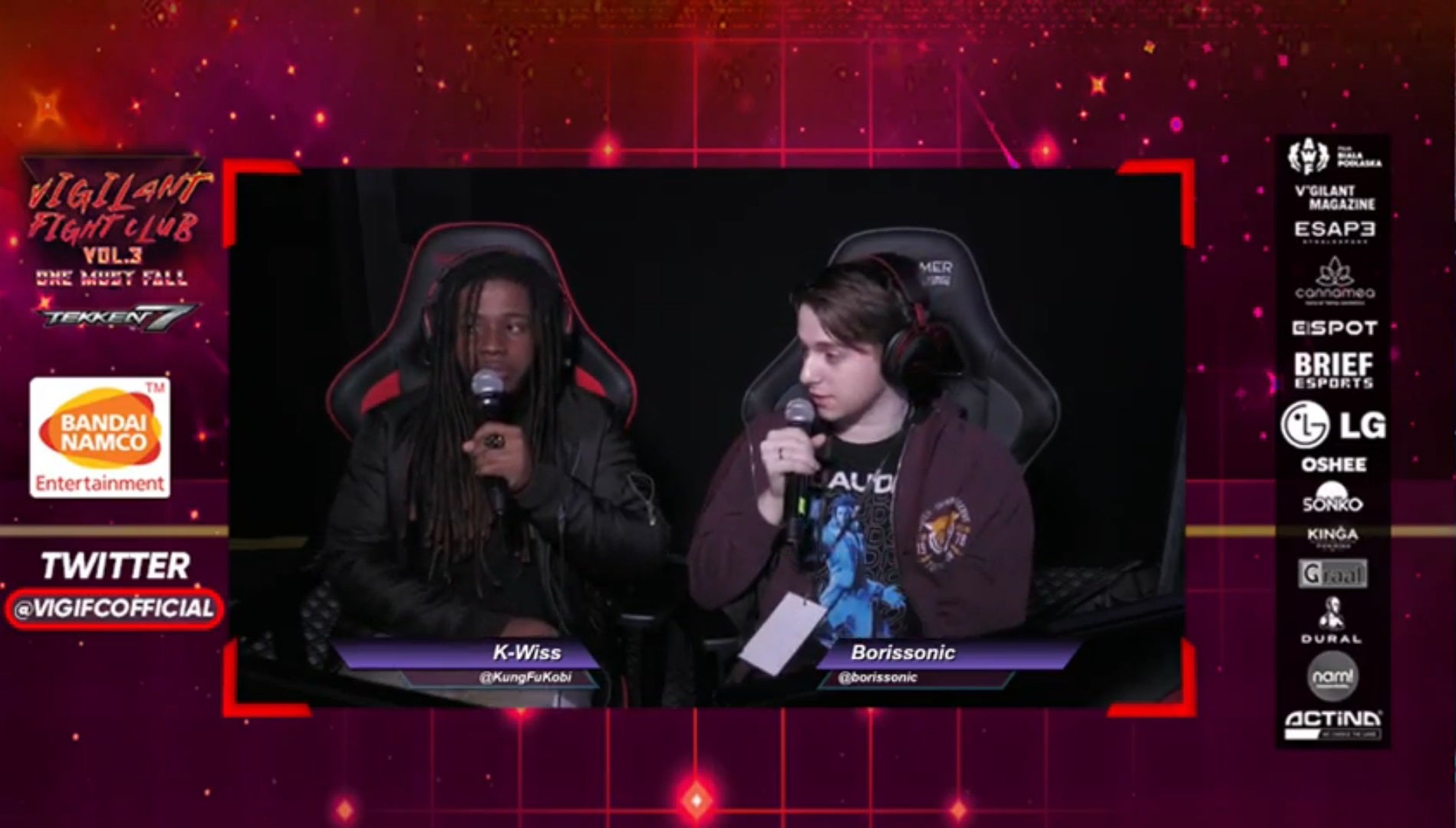Icons of those early days like Ryan “Prodigal Son” Hart paid out of pocket to represent their countries and communities on enemy turf. These days, the practice of travelling for competition is more common with sponsorships, social media, and official systems like the Tekken World Tour boosting the profile of excellent venues run by a passionate few. Now more than ever, your own scene can test its might against the Earth’s best. For a single weekend, the world can come to you.
Except this experience may be in jeopardy for Tekken 7 players this year. The Tekken World Tour – an official Bandai Namco tournament circuit that in the past has done nothing but boost the prestige of global communities – may have undone this momentum with a handful of significant changes to its rules. With professional players, tournament organizers, and spectators alike puzzled by these adjustments, what are the repercussions of these changes for the worldwide Tekken scene?
First, some background information must be laid out. The Tekken World Tour is a worldwide tournament circuit created back in 2017 and officially sponsored by Bandai Namco – the developer and publisher of Tekken 7. Tekken 7 events of a variety of sizes, from your smaller burgeoning meetups to the grandest tournaments in the world, grant points to players who finish first or in the top few spots.
These points would be tallied on a worldwide leaderboard, with the top 19 ranked players being invited to the Tekken World Tour finals. Previously, the 20th spot was then given to a single player who managed to power throw a last chance qualifier event. This meant that players who ranked well at numerous smaller events, or won a big global major, would likely make it to the finals. At least from 2017 to 2020.
Now, in 2022, it’s all changed. Whereas before the points you earned across all events directly decided if you would make it to the Tekken World Tour finals or not, now they decide whether you qualify for a regional finals event. It’s at this regional finale that the best ranking players from North America, Europe West, Oceania, and numerous others battle it out, with only the top one or two players qualifying for the finals.
To help with this regional push, dojo and dojo prime events – anything smaller than a ‘Master’ size event – are region locked. While this means that players of that region can reap the rewards from their own events, and in theory have more of a presence on the global stage, it means that some of the most famous Tekken players out there no longer have an incentive to travel to lesser-known scenes if they’re focused on collecting points.
Fergus, one of the world’s best Tekken 7 players, placed 9th at both CEO and Combo Breaker this year, fending off against some of the game’s best competitors. He shared a handful of major concerns with this year’s Tekken World Tour, as well as some other issues with Bandai Namco’s new competitive system.
“I’ll put priority on events that I can actually get points from – so masters and West European dojos,” explains the Tekken pro. “I would love to go to events like Clash of the Olympians in Greece but there really isn’t like an incentive for me to go, points-wise. I love the people there, I love the staff, I love the venue, but I just can’t really justify going if I’m not going to get anything in return.”
But it’s not just region-locking that’s the issue – online events introduce myriad ways for players to get points and that’s something that weighs heavily on the pro community’s mind. Alongside region-locking, it’s another change to get used to, and one that’s not going down all too well with the pro scene.
“So, let’s say in Pakistan’s case, right, they only get one player pass through the regionals. If arguably one of the best players in the world Arslan Ash collects a lot of points, makes it to the regional finals, and then has a bad day and gets like second place, he’s not going to qualify. You’ve got one of the world’s best left out thanks to weird restrictions.
“When it comes to online events, I think they’re a good opportunity for people who can travel that much, but it’s too much. There are many problems with online Tekken. Connection issues is a big one, you can’t play optimally, and there’s suspicion of cheating! We had a whole fiasco a few weeks ago where some random guy joins ICFC, and it looked like he was using macros. It’s a hot topic right now, with how hard it is to tell someone if they’re cheating or not, because it can be so subtle.”
On the upside, under this new setup, local players will be able to score more points in their own region without having to worry about amazing international players flying over and eating their lunch. But Spag – a hugely popular and prominent commentator for Tekken 7 – said on his personal Twitch stream, that the short-term competitive benefits for these players won’t matter once the Tekken World Tour finals come around.
“If 16 people qualify for regional finals, and the winner goes to the final, it doesn’t matter if they enter a billion events in Antarctica. Go to Antarctica bro. Go play Santa and his elves bro. Go north pole. Play against Pingu and his mum. It doesn’t matter. Qualify through the regional finals and get bussed by Super Akouma anyway.”
And it’s not just the players that feel this way – it’s the organisers, too. Rafal “Skryba” Kurczynski, one of the organizers behind Poland’s Vigilant Fight Club Tekken tournament and Tekken World Tour Dojo event, suggests that players from smaller countries may be left out in the cold and negatively impacted by these new alterations to the format.
“As an organiser, I feel cheated because the tournaments we organise will have limited access, removing the best players in Western Europe. As a result, the prestige of the tournament will suffer significantly, because while I can’t say that Eastern European players are weak, the lack of presence of top names from the West will significantly cool down potential spectators.
“I’m also not a fan of awarding the same number of points for winning online and offline tournaments, as it discourages players from travelling, and it discourages organisers from spending days preparing an offline tournament – online events are much simpler to organise.”
As for why the loss of this “prestige” is actually important, Kurcynski lays it out clearly. “Big names attract big names, it’s natural. When SuperAkouma, Fran, Joka, Evil46, or Madara visited Poland, many of the best players in the region immediately signed up for the tournament, only to play and talk to them live. It is important to remember that the Fighting Games Community is first and foremost a community: a group of people who travel, make friends, and exchange ideas, sharing the love of fighting games with each other.
“When big names turn up for a tournament, interest in the event grows, this allows us to get sponsors and increase the prize pool. It’s a self-perpetuating machine that will now have an uphill battle.”
To find out why these changes have been made, as well as hear an opposing point of view opposing those of players and tournament organizers, we reached out to Bandai Namco directly for comment. However, we’ve yet to back from them as of publishing.
With Evo, the largest event featured in the Tekken World Tour, coming this weekend we’re bound to see both a highly competitive Tekken tournament and one with ample diversity. With these barriers in place, it remains to be seen whether we’ll be able to say the same for the Tekken World Tour Grand Finals.



